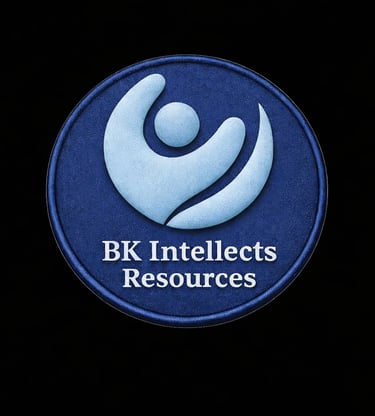The Impact of Professional Development on Organizational Dynamics
Professional development gives new graduates the opportunity to learn and apply new knowledge and skills and help them in their job and further their career building skill set and knowledge.
Eddy Bala
1 min read
Professional development
Professional development have become a cornerstone for organizations aiming to enhance their workforce's skills and capabilities. These programs are meticulously designed to cater to both individuals and graduates, ensuring they align with the strategic goals of the organization. In this blog post, we will explore how organizations perceive these programs and their role in improving overall organizational dynamics.
Enhancing Individual Skills and Capabilities
Organizations recognize that the rapid pace of technological advancements and market changes necessitate a continuous upgrade of skills. Professional development programs offer a structured approach to learning, enabling employees to stay current with industry trends and innovations. By investing in these programs, companies ensure that their workforce remains competent and competitive. This not only boosts individual performance but also contributes to the organization's success.
Supporting Graduates and New Hires
Graduates and new hires often enter the workforce with a strong theoretical foundation but may lack practical experience. Professional development programs bridge this gap by providing hands-on training and real-world applications of their knowledge. Organizations perceive these programs as essential for onboarding new employees and accelerating their integration into the company culture. This approach not only enhances the skillset of new hires but also reduces the learning curve, making them productive members of the team more quickly.
Improving Organizational Dynamics
The collective enhancement of individual skills and capabilities through professional development programs leads to a more dynamic and adaptable organization. Employees who are well-trained and continuously developing are more likely to collaborate effectively, innovate, and drive the organization forward. Furthermore, these programs often include team-building activities and cross-functional training, which foster a sense of unity and shared purpose among employees.
In conclusion, professional development programs are viewed by organizations as a critical investment in their human capital. By enhancing the skills and capabilities of individuals and graduates, these programs play a pivotal role in improving organizational dynamics. As the business landscape continues to evolve, the importance of professional development cannot be overstated.
BK Intellects Resources CA300380853-U © Copyright 2024


About Us | Instagram | Blog | Career | Privacy Notice | Terms & Conditions